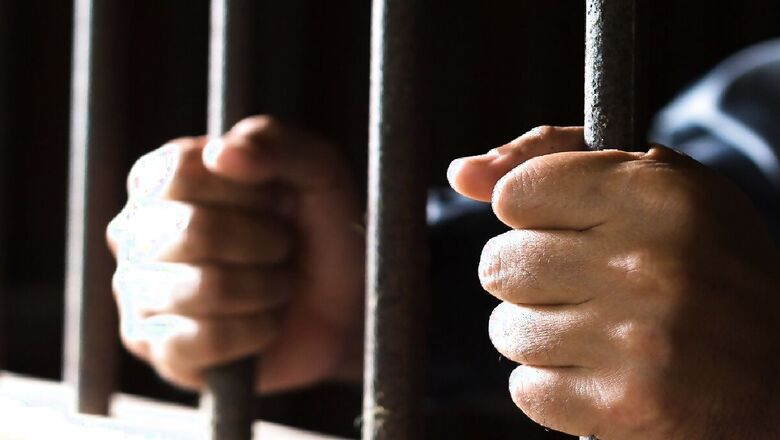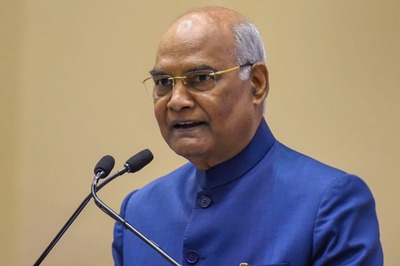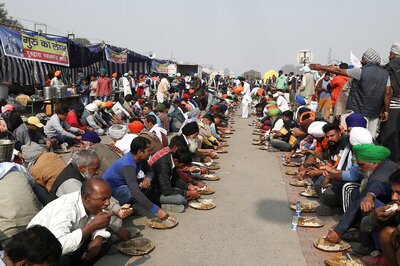
views
The Kerala High Court has granted bail to a 53-year-old man accused of molesting a 14-year-old boy in a mosque. The prosecution alleged that the accused had subjected the victim to sexual assault by touching his genitals on two occasions, in June 2023 and February 2024, while the victim attended prayers in the mosque.
Justice CS Dias, presiding over the court, noted that the accused, Abdulla Kutty Thalakkat, was arrested and remanded to judicial custody on May 20, 2024, and had been in judicial custody for 81 days. Further observing that “the investigation in the case is complete, and the final report has been laid,” the court ruled in favour of the accused, granting him bail.
The accused was charged under Section 377 of the Indian Penal Code, 1860 (‘IPC’), and Sections 12 read with Section 11(i), 8 read with Section 7, 10 read with Section 9(f) & 9(l) of the Protection of Children from Sexual Offences (POCSO) Act, 2012. In his bail application, the accused’s counsel argued that the accusations were baseless and that the evidence did not support the application of Section 377 of the IPC, which requires evidence of carnal intercourse. It was also contended that the incident described was unlikely to have occurred in the context of a mosque during prayers and pointed out that the investigation was complete, with the accused having no previous criminal record.
However, the bail plea was opposed by the prosecution arguing that there is substantial incriminating evidence linking the petitioner to the crime. It expressed concerns that granting bail could lead to the petitioner intimidating the victim and witnesses or tampering with the evidence. Therefore, it was contended that the bail application should be denied.
The High Court observed that the principle of “bail is the rule and jail is an exception” is enshrined in Article 21 of the Constitution. The court relied on the Supreme Court’s judgments in Dataram Singh v. State of UP (2018), State of Kerala v. Raneef (2011), and Hussainara Khatoon (I) v. Home Secy., State of Bihar (1980), which emphasise the importance of ensuring that detention is not arbitrary or excessive. “Once the charge sheet is filed, a strong case has to be made out for continuing a person in judicial custody. The right to bail cannot be denied merely due to the sentiments of the society,” stated the court.
Considering the completion of the investigation and the filing of the final report, the court found no reason to continue the accused’s detention. The court stated: “Whether or not the offence under Section 377 of the IPC would be attracted, is a matter to be ultimately decided after trial,” while allowing bail to the accused.




















Comments
0 comment